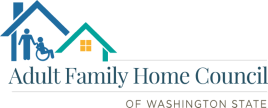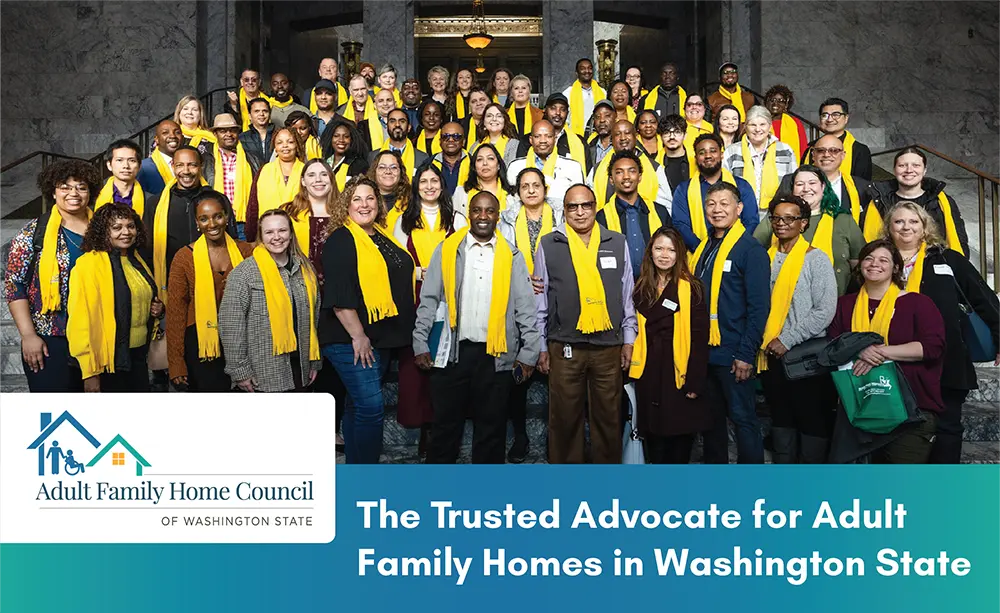
There's a WAC for That!
Reporting Outbreaks
Are you aware that you are obligated to report an outbreak of a communicable disease?
Communicable disease reporting requirements to the Department of Health and/or local health jurisdiction are outlined in Notifiable Conditions WAC 246-101-101.
WAC 388-76-10260
Communicable disease—Preventing spread
If the adult family home suspects anyone working or living in the home has or may have a communicable disease, the home must implement nationally recognized infection control measures.
Additionally, per Reporting Requirement WAC 388-76-10225 (3), whenever there is an outbreak of suspected food poisoning or communicable disease, the adult family home must notify:
(a) The local public health officer; and
(b) The department’s [DSHS] complaint toll-free hotline number [CRU]
Please note that this requirement applies to outbreaks rather than individual cases. While individual cases are not required to be reported to the Complaint Resolution Unit (CRU) hotline, Residential Care Services encourages providers to report them when they occur.
For reference on the term “outbreak” read the Dear Provider letter from January 22, 2024 (024-01-22-1.pdf) that states:
Outbreak Definition for Long Term Care:
- ≥2 cases of probable or confirmed COVID-19 among residents, with epi-linkage* OR
- ≥2 cases of suspect, probable or confirmed COVID-19 among HCP AND ≥1 case of probable or confirmed COVID-19 among residents, with epi-linkage** AND no other more likely sources of exposure for at least 1 of the cases.
*Epi-linkage among residents means: An overlap on the same unit or ward, or other resident care location, or having the potential to have been cared for by common HCP within a 7-day time period of each other. Determining epi-linkages requires judgment and may include weighing evidence whether or not residents had a common source of exposure.
**Epi-linkage among HCP means: Having the potential to have been within 6 ft for 15 minutes or longer while working in the facility during the 7 days prior to the onset of symptoms. Example: Worked on the same unit during the same shift, and no more likely sources of exposure identified outside the facility. Determining epi-linkages requires judgment and may include weighing evidence whether or not transmission took place in the facility, accounting for likely sources of exposure outside the facility.
Not a Member Yet?
Membership fees enable the Council to cover legal expenses and fund staff to advocate with the state and regulatory agencies. The participation of every adult family home is vital to ensuring fair regulations and rates that accurately reflect the costs of caring for our vulnerable adults. Consider becoming a member of the Council to help us continue improving conditions for all adult family homes in Washington State.

